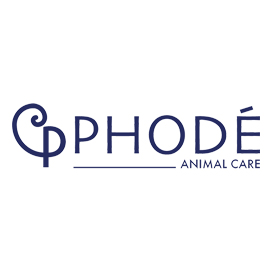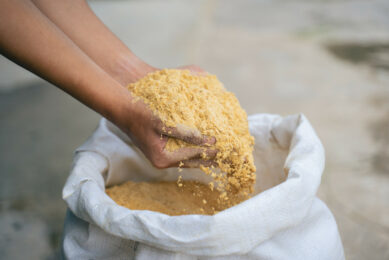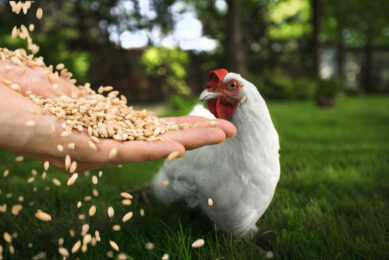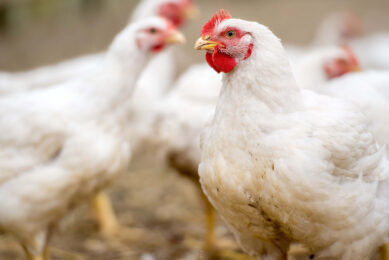An effective starter feed closes the gap in potential
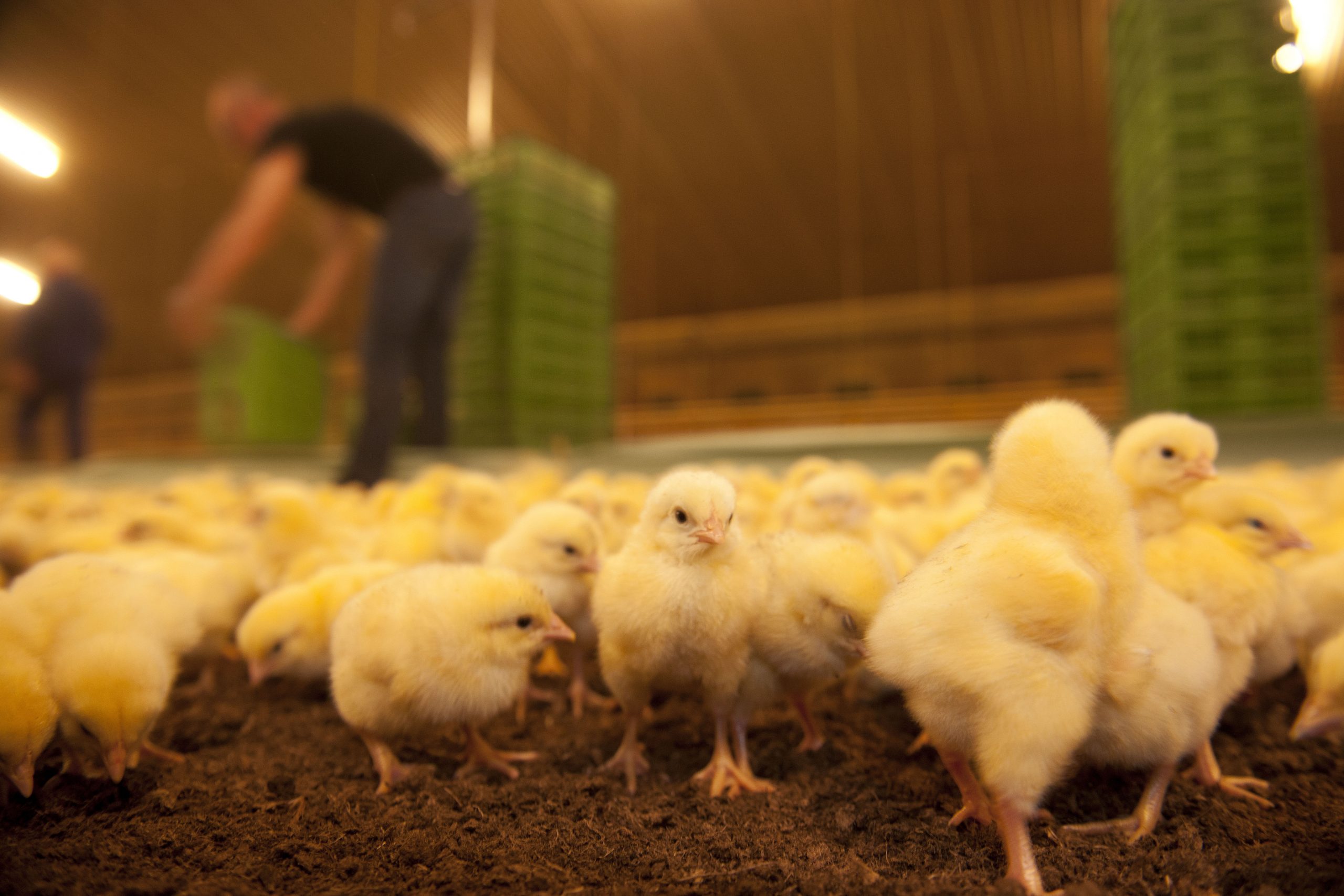
Starter feed is an essential phase in the animal farming process. A young animal’s performance during rearing determines future production. All conditions and indicators must be in check for the animal to enter the adult phase and best reach its promised potential.
The first stages of life are riddled with challenges which are both physiological (physical limitations) and ethological (behavioural attitudes) and which have an impact on future production.
The following points indicate how rearing is a determining factor:
- Optimal growth level: The slightest risk (starter feed, feed transition, variation in raw materials or living conditions, illness, social stress, etc.) will instantly lead to a drop in feed intake (or even stop it altogether). These successive delays can never be offset and will impact production potential.
- Animal homogeneity: Each individual intake variation will be a heterogeneity factor. From the earliest days, the consequences of poor feed intake will be reflected in the homogeneity and will become amplified along the production cycle. The objective of poultry production is that chicks must begin feeding the moment they arrive on the farm, in a homogenous manner and as part of the flock.
- Animals’ physiological maturity: Digestive organ development is determined by feed consumption (rumen papillae in calves, villi of the small intestine). To reach sexual maturity requires a certain live weight percentage. In terms of milk production in France: 200 kg at 6 months for heifers, with the first calving at 2 years. Each month of delay will result in a net loss (average of €40).
- A sound psyche: Just like an elite-level athlete, a high-performance animal needs a healthy psyche. Cerebral plasticity is at its highest in the early stages of life: the young animal’s brain is forming, which will determine its behaviour once full-grown. This will be a deciding factor in whether or not the animal will derive the maximum benefit from that which is made available. Introducing young animals to various stimuli will help them adapt to breeding conditions.
A holistic approach
Adjusting a single parameter, such as a digestive additive for example, will mean inevitable implications for other systems. Perceiving animals as juxtaposed physiological units is limiting, both for the animals and for production. Using a holistic approach, Phodé perceives the animal as a whole, a unique entity with the ability to sense. Animals are capable of integrating and regulating the information they receive and which circulates through their body, from one system to another, in order to best adapt to their environment.
Phodé laboratories’ solutions stimulate the senses and modulate environmental perception. This contributes to enriching their surroundings to help the animals remain flexible and able to adapt. By focusing on offering ‘better-being,’ the company helps animals best reach their maximum potential.
Ensure optimal intake during loss of appetite
With 20 years of expertise on the impact of aromatic molecules on the brain and a firm understanding of animals and the associated challenges, Phodé conducted research which led to a combination of exclusive plant extracts and qualified sensory molecules, from which Optifeed was developed. This solution helps ensure attractancy, positive memory recall and optimal appetite in each production species, primarily in order to respond to the various animal starter feed challenges. Thanks to its sensorial solutions, the company also helps enrich the animals’ environment to improve their adaptability.
In piglets, an increase in feed intake corresponding to an increase in average daily weight gain, with a slight drop in consumption index was observed (Table 1). In laying hens, it was demonstrated that within 14 days the product effectively improved and homogenised their initial weight (Figure 1).


